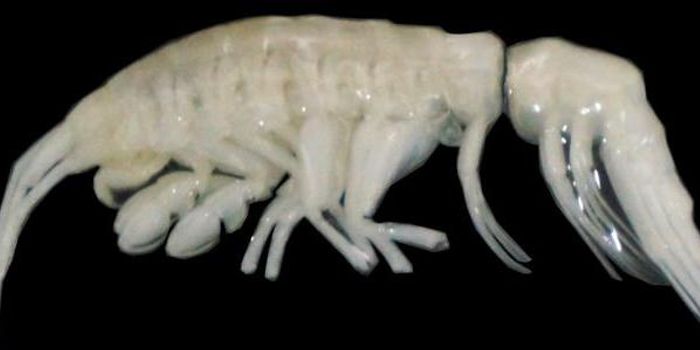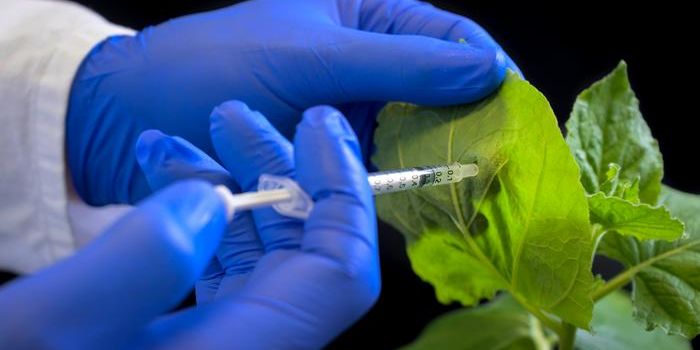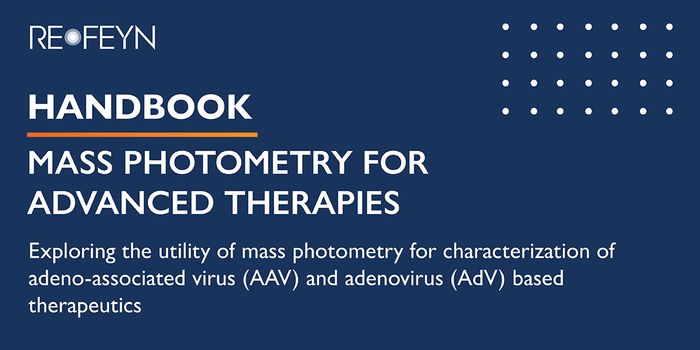How Smoking Affects DNA to Cause Certain Cancers
There is plenty of evidence to show that smoking cigarettes increases the risk of cancer and other health problems, and that drinking alcohol also raises cancer risk. Now scientists have learned more about how tobacco smoke causes the DNA damage that drives head and neck cancer, and how that damage is worsened by other factors. These findings, which were reported in Nature Genetics, may help researchers develop better preventive treatments.
About 750,000 cases of head and neck cancer are diagnosed around the world, and 70% have been associated with risk factors like smoking that can be prevented. Alcohol intake is also linked to these cancers, but when no other risk factors are present, alcohol may only cause about 4% of head and neck cancer cases. The combination of smoking and alcohol intake seems to exacerbate the DNA damage that is caused by alcohol significantly; the damage seems to be about 2.5 times worse.
The genome of cancer cells holds a kind of record of what caused the cancer in the mutations it carries; genetic changes can create a kind of mutational signature that reveal more about what leads to cancer, such as habits and exposures. So sequencing the genomes of cancer cells can reveal more about this record.
"By uncovering these unique patterns of DNA damage, we are not just identifying the key factors that lead to cancer formation but also unlocking possibilities for prevention which could help reduce head and neck cancer incidence around the globe," noted study co-author Dr. Laura Torrens Fontanals.
In this work, the researchers assessed samples of tumors from 265 cases of head and neck cancer in eight countries. After sequencing the genomes of cancer cells from these tumors, the researchers found six patterns of mutations, some of which were not previously known. These patterns were also higher in countries where more people smoke.
The extent of DNA damage caused by cigarette smoke also depended on the specific location in the head and neck. Different tissues may, therefore, have different responses to tobacco's harmful effects, the study suggested.
When ultraviolet (UV) light exposure, a known lip cancer risk factor was added to the mix, there was a similar harmful combinatorial effect. UV exposure could be damaging DNA in the mouth's lining, and when combined with smoking, the damage is worse.
This research shows why it's important to avoid certain habits, like smoking. It may also help scientists take better aim at the genetic problems that underlie certain cancers to improve therapeutics.









